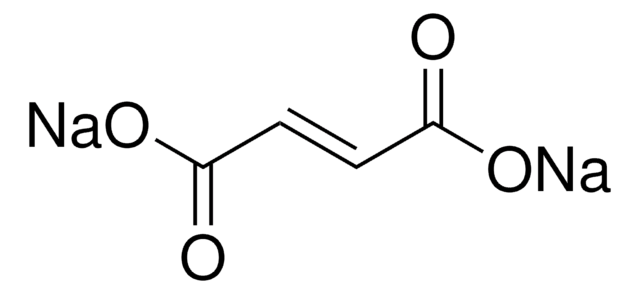SML2338
4-Octyl itaconate
≥98% (HPLC)
Synonym(s):
β-Monooctyl itaconate, 3-[(Octan-4-yloxy)carbonyl]but-3-enoate, 4-Octyl methylenesuccinate, n-Octyl 3-carboxy-3-butenoate
About This Item
Recommended Products
Assay
≥98% (HPLC)
form
powder
storage condition
protect from light
color
white to beige
solubility
DMSO: 2 mg/mL, clear
storage temp.
−20°C
SMILES string
OC(C(CC(OCCCCCCCC)=O)=C)=O
InChI
1S/C13H22O4/c1-4-6-8-11(7-5-2)17-13(16)10(3)9-12(14)15/h11H,3-9H2,1-2H3,(H,14,15)/p-1
InChI key
GIRJEIMINMHXQS-UHFFFAOYSA-M
1 of 4
This Item | 904767 | 904945 | 904953 |
|---|---|---|---|
| form powder | form powder or crystals | form powder or crystals | form powder or crystals |
| Quality Level 100 | Quality Level - | Quality Level - | Quality Level - |
| mp >300 °C | mp >300 °C | mp >300 °C | mp >300 °C |
| impurities ≤15 wt. % ethylene glycol | impurities - | impurities - | impurities - |
Application
- to study its anti-inflammatory effects in macrophages[1]
- to treat bone-marrow-derived macrophages (BMDMs) for BMDM stimulation with nuclear factor-erythroid factor 2-related factor 2 (NRF2)-activating carboxylic acid compounds[2]
- to study its effects on collagen1 expression in systemic Sclerosis (SSc) dermal fibroblasts[3]
Biochem/physiol Actions
Storage Class Code
11 - Combustible Solids
WGK
WGK 3
Flash Point(F)
Not applicable
Flash Point(C)
Not applicable
Certificates of Analysis (COA)
Search for Certificates of Analysis (COA) by entering the products Lot/Batch Number. Lot and Batch Numbers can be found on a product’s label following the words ‘Lot’ or ‘Batch’.
Need A Sample COA?
This is a sample Certificate of Analysis (COA) and may not represent a recently manufactured lot of this specific product.
Already Own This Product?
Find documentation for the products that you have recently purchased in the Document Library.
Customers Also Viewed
Our team of scientists has experience in all areas of research including Life Science, Material Science, Chemical Synthesis, Chromatography, Analytical and many others.
Contact Technical Service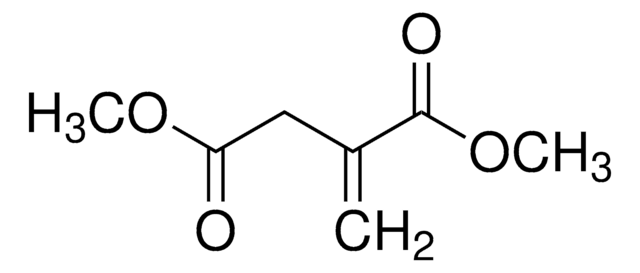

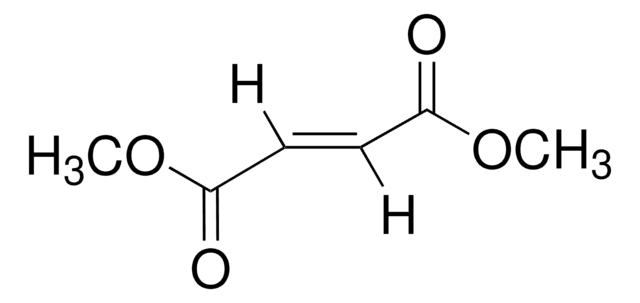
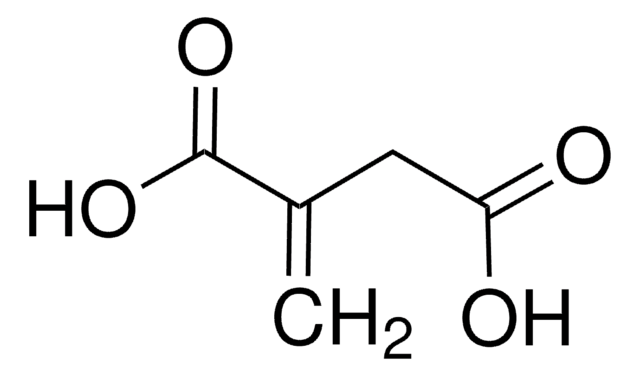
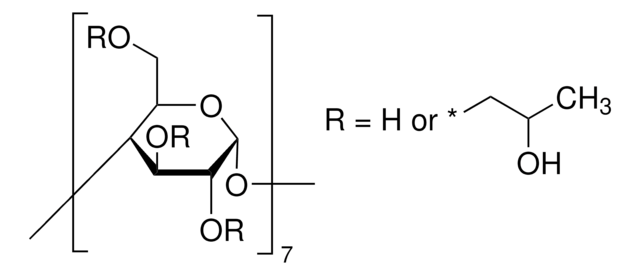

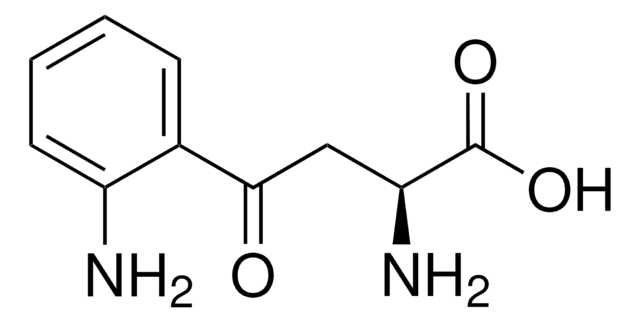

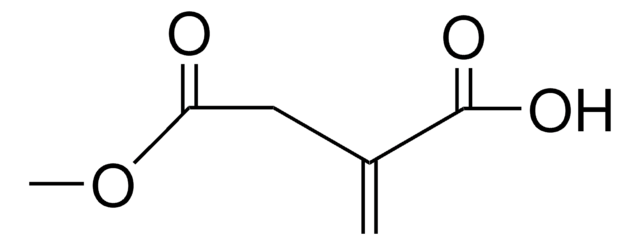
![[Ru(bpm)3][Cl]2](/deepweb/assets/sigmaaldrich/product/structures/409/623/77fb16dd-36fb-4159-9213-b4d57470be15/640/77fb16dd-36fb-4159-9213-b4d57470be15.png)
![[Ru(phen)3]Cl2 ≥95%](/deepweb/assets/sigmaaldrich/product/structures/955/596/46f63eaa-39f8-4058-847d-cef0862ada92/640/46f63eaa-39f8-4058-847d-cef0862ada92.png)
2 ≥95%](/deepweb/assets/sigmaaldrich/product/structures/190/371/c5efe61d-383f-4364-90c6-1912d88674f3/640/c5efe61d-383f-4364-90c6-1912d88674f3.png)
2 ≥95%](/deepweb/assets/sigmaaldrich/product/structures/238/198/d2398f4d-117e-4482-8d8b-80ae657f6ea1/640/d2398f4d-117e-4482-8d8b-80ae657f6ea1.png)


